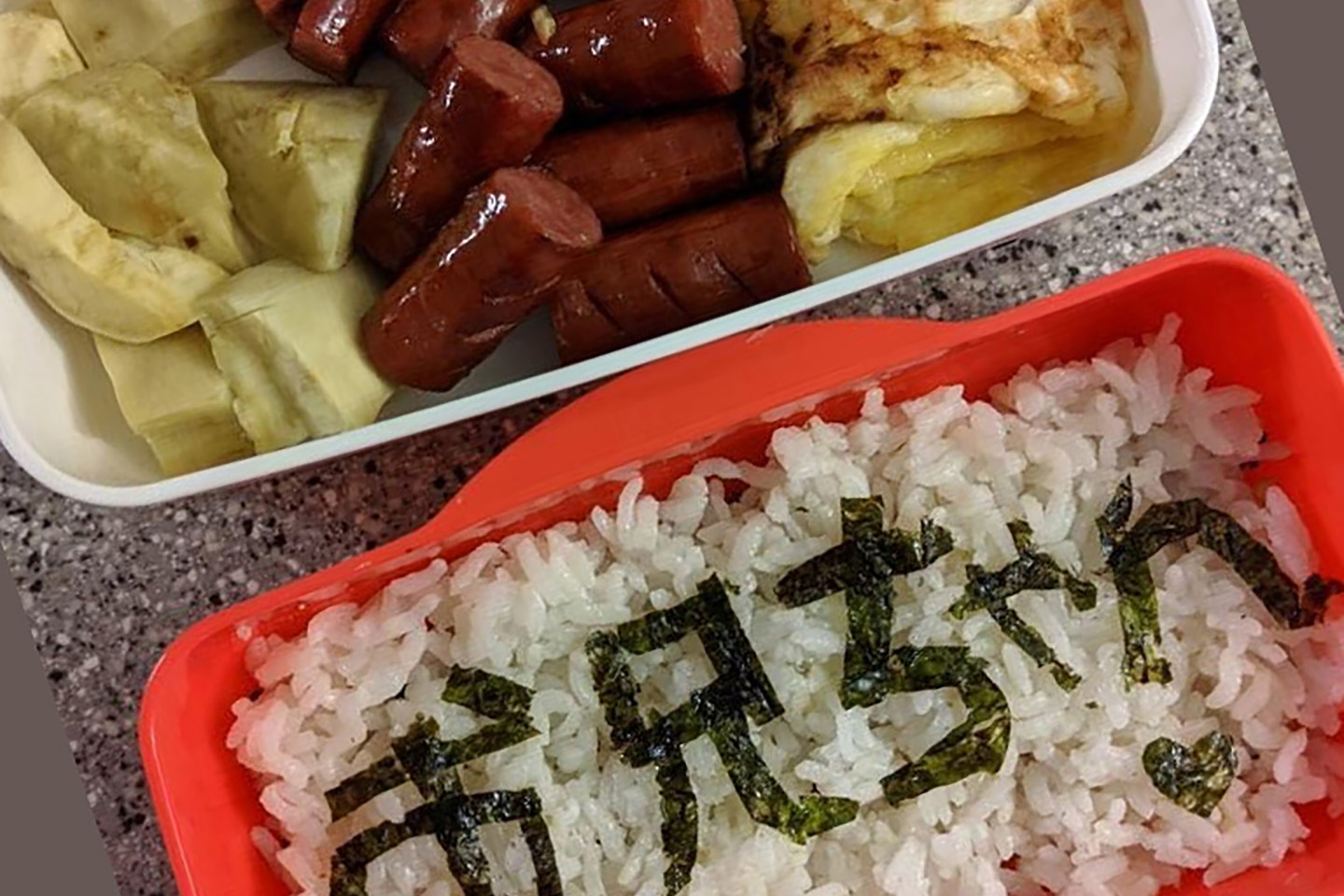
Every Thursday evening this term, a lively group of first-year students with a passion for learning foreign languages and cultures has gathered for global-themed activities jointly planned by MIT Global Languages and MISTI. This experimental virtual First-Year Learning Community (FLC), Tutmonda (Esperanto for “global”) was formed in response to the pivot to remote learning brought on by the Covid-19 pandemic.
In July 2020, shortly after it was decided that incoming first-year students would be remote in the fall term, the Office of the First Year (OFY) put out a call for departments to consider developing new means to welcome and support the Class of 2024 as they joined the MIT community virtually. The OFY welcomed ideas for initiatives to build community, introduce students to MIT, or develop “cohort-based” programming so new students would have opportunities to get to know each other in small groups. Thus, Tutmonda FLC was born.
Responding to the OFY call, Global Languages and MISTI joined together to propose a pilot for a global-themed FLC for AY2021, with the aim of creating community among incoming first-year students who viewed international experiences as integral to their MIT educations. Fifty students applied for this learning cohort, forty of whom were offered the opportunity to join Tutmonda. Students participating in the FLC enrolled either in a language class with MIT Global Languages or a related CI-H, and additionally agreed to attend weekly, noncredit meetings, led by Emma Teng, T.T. and Wei Fong Chao Professor of Asian Civilizations, a member of the History Faculty, and Director of Global Languages. MISTI Executive Director, April Julich Perez, planned the activities jointly with Teng and Tutmonda student assistant, Ankita Devasia (MIT Class of 2023), while GL language instructors offered creative ideas and volunteered to lead sessions. First-year advising is provided through the OFY, and generous startup funding provided by the OVC.
The 36 students who participated in Tutmonda this fall are studying a wide range of languages including Chinese, French, German, Japanese, Korean, Russian, and Spanish. Quite a number of the students are bilingual, and there are several polyglots who have studied over five languages (including one who has studied Esperanto)! Students participated from multiple time zones across the continental US, Puerto Rico, and Hawaii, and as far afield as China, Ghana, Russia, Palestine, and Zimbabwe.
Once a week, students met for presentations and conversation. The weekly meetings were intended to enhance students’ language-learning experiences by extending their engagement with the cultures and societies where their target language is spoken, while also providing a global comparative context for their language and culture education. In addition, the theme of the global responses to the Covid-19 pandemic was addressed, including how policies and policy implementation are affected by culture. The weekly sessions included:
- Wei Zhang of the Classical Chinese Puzzles collection in Berkeley, California, made a virtual visit. ARTICLE
- A discussion of the documentary film “Long Time No See, Wuhan!,” by Japanese director, Takeuchi Ryo.
- Senior Lecturer in Russian, Maria Khotimsky, took students on a Virtual Scavenger Hunt of St. Petersburg and Moscow.
- MISTI managing directors shared information about country programs and internship opportunities.
- Takako Aikawa, Hee-Jeong Jeong, Maria Khotimsky, and Haohsiang Liao (all Global Languages Senior Lecturers) explained the development and principles of the writing systems in China, Japan, Korea and Russia, with breakout rooms for students to practice writing the scripts of their choice.
- Dagmar Jaeger, Lecturer in German, led a bake-along of the German Apfelkuchen and explained its importance in German culture.
- A panel discussion on the response to the covid19 pandemic in Russia, South Korea, Germany, and Mexico.
- Debra Samuels, renowned culinary writer, led a bento workshop. Samuels explained the history and cultural significance of Japanese bento, and taught students how to make onigiri (Japanese rice balls) and prepare their own bento, using a custom “MIT Japan Program” bento box, sent to them by MISTI-Japan. Students participated in the Onigiri Action 2020 campaign by uploading photos of their creations. ARTICLE
- Catherine Clark (MIT History) shared her expertise on Parisian photography and political photography.
- Dr. Lorena Bello Gómez (MIT School of Architecture & Planning) spoke from Porto, Portugal on urbanism in Barcelona.
- MIT-Germany Managing Director Justin Leahey spoke on his own study abroad experiences as well as MISIT opportunities, followed by breakout rooms for students to create their own paper Fröbelstern (Fröbel Star).
- A Taekwondo demonstration and practice was led by Taekwondo Master Dr. Chang-Sub Ahn, who currently teaches at UC Berkeley as Endowed Director of Martial Arts and serves as a President of the World Association for Hallyu.
- Global Languages Undergraduate Academic Administrator, Joyce Roberge, hosted a pub-style trivia game night for Tutmonda, with questions related to trivia about world languages.
In addition to the in-class experiences, the faculty lead curated asynchronous materials to share each month, such as a Film of the Month, Virtual Museum of the Month, Puzzle of the Month, Classical Composer of the Month, Food of the Month and more, representing the nine language groups in MIT Global Languages. For example, to mark International Gingerbread Day, Teng created a post on the history and significance of this global food, featuring video clips of SHASS faculty from History and Literature speaking on topics from the medieval spice trade, to culinary customs and religious traditions in Europe, sugar and slavery in Haiti, gingerbread in children’s literature, and a sly gingerbread joke in Chaucer.
With generous support from MISTI Managing Directors, students in the learning community each received a care package with materials for the hands-on activities, a VR cardboard, and special treats such as Brazilian chocolate, Russian gingerbread, Chinese tea, and Spanish paella mix. The Wunsch Preservation Lab at MIT created a custom paper foldable for the students to create multilingual “puzzle purses” based on historical letterlocking techniques.
To learn more:
Story map / visual representation of the semester’s adventures:
Admissions blog by Ankita D. ’23
Virtual brochure
A student’s Fröbelstern
